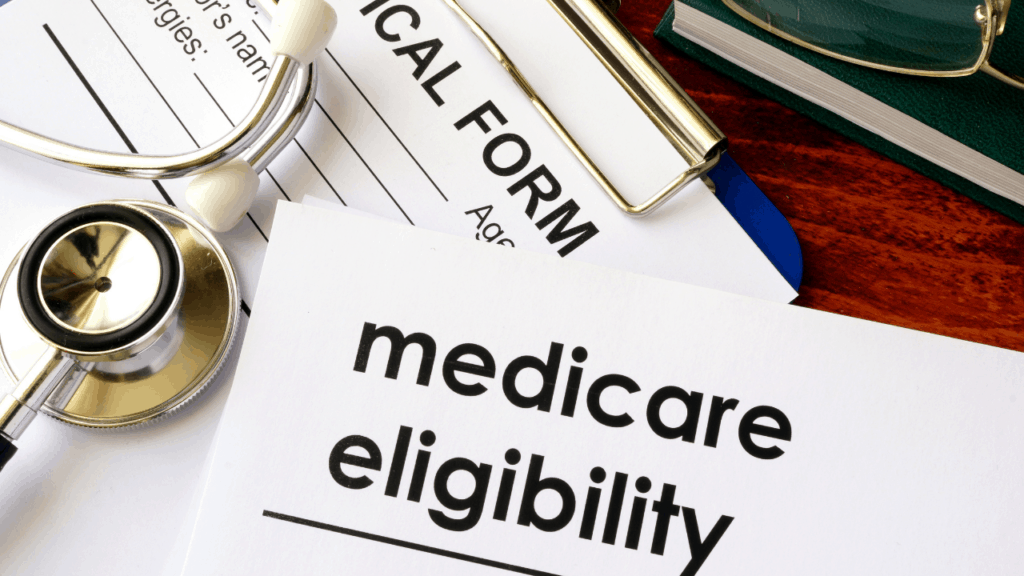Medicare Eligibility: A Comprehensive Overview for Those 65 and Above

As you reach 65 years old, it’s important to understand Medicare and its eligibility requirements. This government-funded healthcare program can help cover medical costs and provide financial protection for seniors, but it’s important to understand the rules and regulations to ensure that you get the coverage you need.
In this article, we’ll provide a comprehensive overview of Medicare eligibility requirements for those 65 and above. We’ll cover everything from the basics of Medicare to the specifics of eligibility, so that you can make informed decisions about your healthcare coverage.
Understanding Medicare: The Basics
Medicare is a federal health insurance program that provides coverage for people who are 65 and older, as well as for people with certain disabilities and medical conditions. There are four main parts of Medicare:
- Medicare Part A: This provides coverage for inpatient hospital stays, as well as skilled nursing facilities, hospice care, and some home healthcare services.
- Medicare Part B: This provides coverage for outpatient services, such as doctor’s visits, lab tests, and medical equipment.
- Medicare Part C: Also known as Medicare Advantage, this is an alternative to traditional Medicare that is provided by private insurance companies.
- Medicare Part D: This provides coverage for prescription drugs.
Eligibility for Medicare
To be eligible for Medicare, you must meet certain criteria. If you’re 65 or older and a U.S. citizen or permanent resident, you’re generally eligible for Medicare. You may also be eligible if you’re under 65 and have certain disabilities or medical conditions.
If you or your spouse have paid Medicare taxes for at least 10 years, you’re generally eligible for premium-free Medicare Part A. If you haven’t paid Medicare taxes for at least 10 years, you may still be able to get Medicare Part A, but you’ll have to pay a premium.
For Medicare Part B, you’ll generally have to pay a monthly premium. The amount you pay will depend on your income.
Enrolling in Medicare
If you’re already receiving Social Security benefits, you’ll be automatically enrolled in Medicare Parts A and B when you turn 65. If you’re not receiving Social Security benefits, you’ll need to enroll in Medicare during your initial enrollment period.
Your initial enrollment period is a seven-month period that starts three months before the month you turn 65 and ends three months after the month you turn 65. If you miss your initial enrollment period, you may have to pay a penalty when you do enroll.
Medicare Advantage and Prescription Drug Plans
If you choose to enroll in Medicare Advantage or a Medicare Prescription Drug Plan, you’ll need to do so during certain enrollment periods. The Annual Enrollment Period (AEP) runs from October 15 to December 7 each year, and the Medicare Advantage Open Enrollment Period (OEP) runs from January 1 to March 31 each year.
During these periods, you can enroll in a new plan, switch plans, or disenroll from your current plan. It’s important to review your plan each year to ensure that it still meets your needs and covers your medications.
Understanding Medicare eligibility is crucial for those 65 and above. With this comprehensive overview, we hope to have provided you with the information you need to make informed decisions about your healthcare coverage.
Remember, while Medicare can be a great resource for seniors, it’s important to understand the rules and regulations to ensure that you get the coverage you need. If you have any questions about Medicare eligibility or enrollment, reach out to the team of Medicare advisors at Plan Medicare. We are here to help you with all of your Medicare needs.






